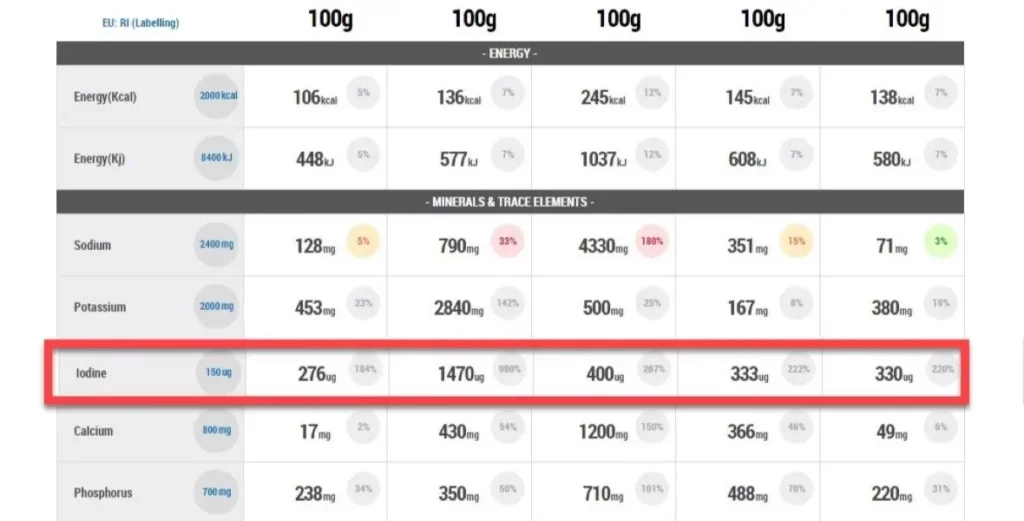It is always a pleasure to attend the Nutrition Society meetings. The quality of research presented is inspirational. We are very proud of our University College Dublin undergraduate Human Nutrition Students, who had the opportunity to present their research on portion size photography. Congratulations to both of them and to the other undergraduate students who did so well to get accepted to present their professional work placement projects this year. The Nutrition Society have kindly summarised the key messages from their Summer 2018 Irish Section Meeting here.
We have come away with fantastic insight into the superb on-going work and emerging findings of Nutrition Research. While all the talks were fantastic, we were particularly interested to learn about the importance of Iodine status pre-pregnancy from work presented by Dr Sarah Bath from the University of Surrey. Iodine is an essential dietary element necessary for the synthesis of thyroid hormones. Dr Bath’s research highlighted the potential negative consequences of iodine deficiency pre- and during pregnancy. Iodine is naturally present in foods like fish, shellfish, seaweed, sea salt, milk and other dairy products.
Dr Bath and several other speakers over the course of the three-day conference highlighted that supplementation isn’t always the best approach to address deficiency. This is partly because some supplements can contain very high doses of the nutrient, which can lead to overexposure and subsequent adverse consequences – more of a good thing isn’t always better!
Research presented by O.C. Lyons from the Food Safety Authority of Ireland (FSAI) warned that, in Europe, we currently do not have a consensus approach to the maximum level of a nutrient that can be present in a food supplement. This means that very high dose supplements are available to buy.
To address this, the FSAI recently published a report on establishing Maximum Safe Levels of nutrients. The report will inform guidance needed by the food industry. The report recommends that pregnant women don’t exceed 600ug of iodine per day. This finding is in line with the 2012 recommendation by the European Food Safety Authority, who define the Safe Upper level for dietary intake of iodine at 600ug/day for pregnant women. This means that 600ug/day is the maximum amount that can be consumed daily without the likelihood of risk of adverse consequences; the daily amount needed to achieve an adequate intake for this group is much lower, at 200ug/day.
With the possibility of over-exposure and no consensus across Europe, it is clear that obtaining adequate iodine from dietary sources – a ‘food first’ approach – is the best way forward. Dr Bath identified a need for improved knowledge around food sources of iodine and suggested that women need to be empowered with the knowledge to make dietary choices that will provide adequate iodine in advance of becoming pregnant. Strategies including food fortification were discussed as potential public initiatives. However, it is clear that, with voluntary fortification already widespread and no maximum levels agreed, policy makers deciding on mandatory food fortification have many challenges to address before we see this legislated for.

We’d like to take this opportunity to remind all nutritionists, dietitians and healthcare practitioners that Nutritics can be used to easily compare food sources of micronutrients. Our software can also analyse patient/client diets with the purpose of assessing nutrient intake, and identifying top sources of food contributing to nutrients.
